In 2014, Colorado legalised recreational cannabis use. Now, individuals can purchase cannabis from a licenced retailer, as long as the amount doesn’t exceed one ounce (28 grams). This law has resulted in a reduction in medicinal cannabis users (as it’s easier to obtain from a retailer than a doctor), and interestingly, fewer younger people are using it too.
- CBD Products
- Legal
- Recreational cannabis
- Legal
- Medicinal cannabis
- Legal since 2000
- Cannabis laws in Colorado
- Can you possess and use cannabis in Colorado?
- Can you sell cannabis in Colorado?
- Can you grow cannabis in Colorado?
- Is CBD legal in Colorado?
- Medicinal cannabis in Colorado
- Industrial hemp in Colorado
- Good to know
- Cannabis history
- Sensi Seeds visits RiverRock in Colorado
- Attitudes towards cannabis
Cannabis laws in Colorado
The US is governed by federal and state laws. This article covers the cannabis laws in the state of Colorado.
Can you possess and use cannabis in Colorado?
In 2014, Colorado’s government made it legal to purchase, possess and use cannabis. The Colorado state law states that:
- Individuals must be 21 years or over to buy, use or own it.
- Cannabis must not be shared, sold or given to anyone under 21 years old.
- ID must be shown when purchasing cannabis, to provide proof of age.
Additionally, cannabis can only be purchased from licenced retailers, and there’s a limit to how much the individual can buy or possess at one time. This is currently set at one ounce.
Adults over 21 years old may give as much as one ounce of cannabis to another adult (again, aged over 21), but they may not sell it to them. This is the case even if they’ve grown the cannabis themselves.
There are other restrictions laid out in the law. For example, it’s still illegal to use cannabis in a public place. This includes areas such as cafes, concert venues, amusement parks, and while walking along the pavement. It even includes communal areas in apartment buildings.
It’s also illegal to use cannabis on federal land, as cannabis consumption is still illegal under federal law. This means that it cannot be used in locations like national forests or parks.
While it’s legal to use cannabis at home, the law gives property owners (i.e. landlords) the right to forbid tenants to use or possess cannabis in their house or apartment. Hotel owners may also ban it in their premises.
Employer rights are protected too. Despite the fact that using cannabis is now legal in Colorado, employers can still test their staff for cannabis use. They’re also allowed to make employment decisions based on the result of the tests.
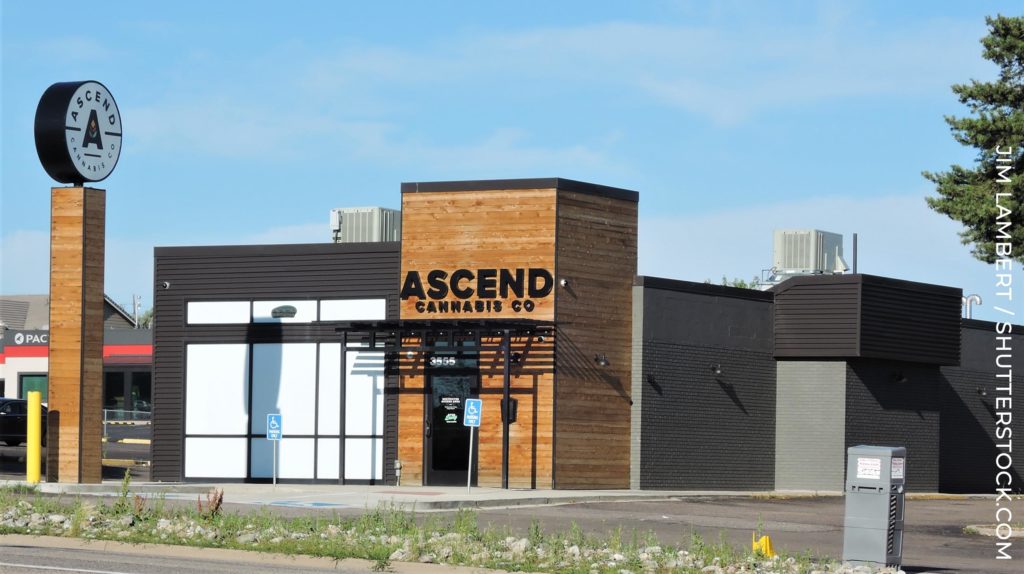
Driving and using cannabis
There’s a limit to how much THC (the substance in cannabis that’s responsible for the ‘high) drivers can legally have in their bloodstream while driving. If an individual is caught driving a vehicle while over the limit, they may be given a ‘driving under the influence’ or DUI charge.
The law states that drivers must have less than 5 nanograms of THC per millilitre of whole blood. This applies to those using medicinal cannabis too.
Additionally, there mustn’t be any open containers of cannabis in the car. If the security seal on the container (e.g. box or bag) is broken, and there’s evidence that some of the product has been used, then the driver can be charged with a traffic offence.
Cannabis laws differ from state to state. As such, it’s illegal to cross the Colorado border with any cannabis product. Likewise, it cannot be taken to any airport.
Can you sell cannabis in Colorado?
Under Colorado state law, licenced retailers are allowed to sell cannabis in Colorado. However, they must adhere to certain rules, which are:
- Not selling to anyone below the age of 21 (ID must be seen).
- Not letting anyone under the age of 21 enter the restricted area of the store.
- Only selling during the hours of 8 am and midnight. Some areas of the state may require reduced hours.
Those selling or manufacturing cannabis products must ensure that the packaging is:
- Resealable
- Child-proof
- Not see-through (the contents must not be visible)
All packaging must carry a specific symbol, as required by the Department of Revenue.
Taxes
In 2013, the people of Colorado voted to add a 10% sales tax to all retail cannabis. This is in addition to the 2.9% standard sales tax rate for the state. A 15% excise tax was also added to the retail cannabis’s wholesale price. These taxes don’t apply to medicinal cannabis.
The cannabis industry after legalisation
Sales of recreational cannabis in Colorado continue to rise; a trend that has been noted throughout other US states too.
In July 2020, cannabis sales totalled over $226 million; a record-breaking month. Throughout 2020, Colorado’s Department of Revenue states that the total revenue of both medicinal, and recreational cannabis sales exceeded $2.19 billion.
Despite heavy taxes, cannabis sales continue to grow in the state. From January to May, 2021, sales totalled over $962 thousand. Since 2014, the state of Colorado has surpassed over $10 billion in cannabis sales.
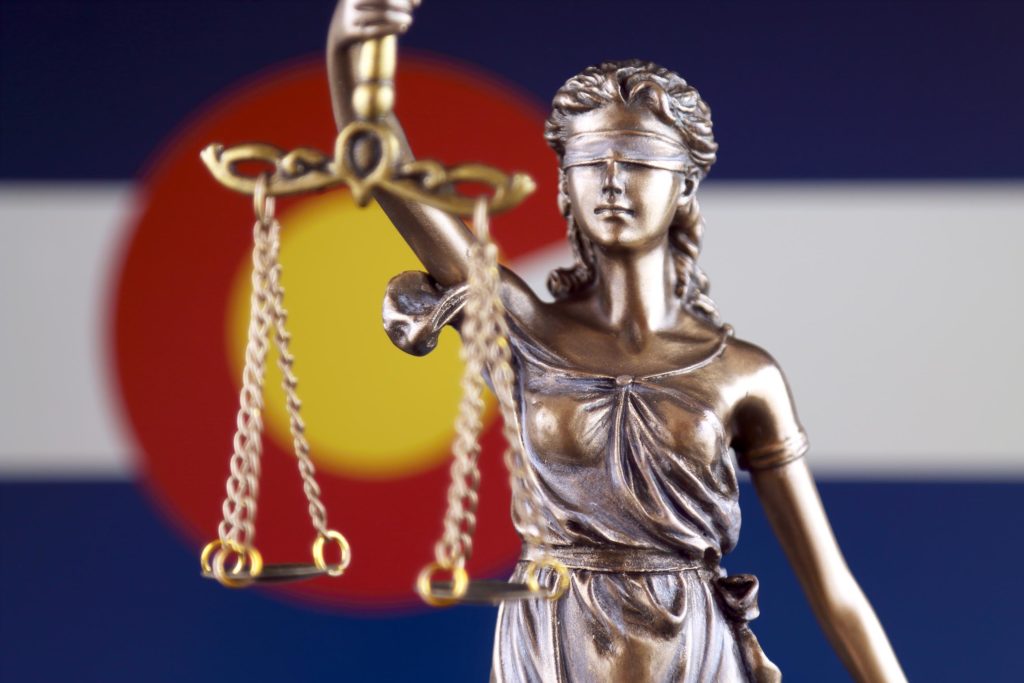
Can you grow cannabis in Colorado?
The state law permits individuals to grow cannabis at home. Up to six plants per person are permitted, with a maximum of three flowering at the same time.
There are a few important restrictions to be aware of:
- As of 2018, the maximum number of cannabis plants that can be grown in one residence is 12. This is irrespective of how many people over the age of 21 live there.
- Some counties may have stricter laws on growing.
- All plants must be grown in a locked, enclosed area.
- They must not be visible (this means they cannot be grown outside in the garden).
- Minors must not be able to access the growing area.
- If minors are living in the property, care must be taken to ensure that they don’t have any access to the plants.
- Only licenced grow retailers can sell cannabis products.
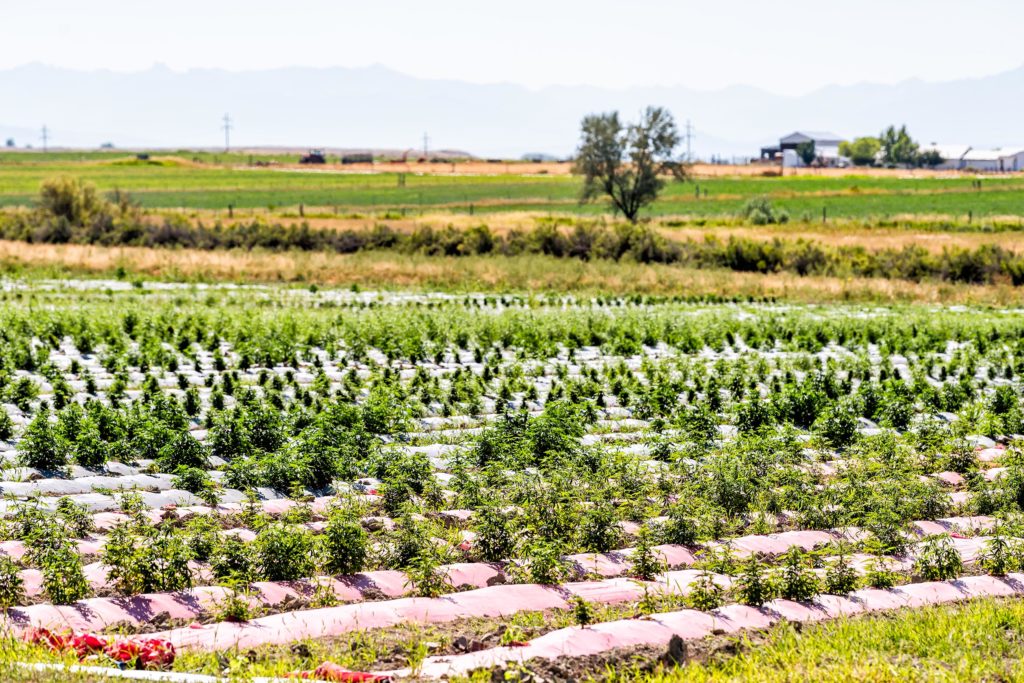
Is CBD legal in Colorado?
The laws regarding CBD in Colorado are confusing. It’s still illegal at federal level, yet CBD products are sold in stores and online in many forms; as skincare products, as a supplement and in food.
However, the US’s FDA (Food and Drug Administration) has issued several ‘cease and desist’ letters to companies across the country, particularly targeting business who made “deceptive marketing” claims on their labelling.
The FDA has specifically said that CBD cannot be legally used as an ingredient in food or drink. This law applies in Colorado; however, given the prevalence of CBD products, it will be hard for US authorities to police the industry.

Medicinal cannabis in Colorado
In 2000, Colorado legalised medicinal cannabis. The law permits patients to access cannabis for medicinal purposes, providing they have consent from their doctor. Additionally, patients must have a Medical Marijuana ID card, which can only be obtained after proof of residency is given.
Doctors may recommend cannabis for treating the following conditions:
- Cancer
- HIV/AIDS
- Glaucoma
- PTSD
- Autism Spectrum Disorders
- Plus any chronic or debilitating condition that produces one of the following symptoms:
- Persistent muscle spasms
- Seizures
- Severe nausea
- Severe pain
- Cachexia
The law allows patients to possess up to two ounces of cannabis. Like recreational users, they can grow up to six plants (with only three flowering at one time). Doctors also have the right to recommend larger quantities for patients, if required.
The legalisation of recreational cannabis use resulted in a reduction of medicinal cannabis patients. In January 2014 (when recreational use was made legal), there were 111,030 registered medicinal cannabis patients in Colorado. By the end of 2018, that figure had dropped to 85,207.
This is because obtaining cannabis from a medical professional comes with certain obstacles. For example, the patient must visit their doctor annually, in order to keep being approved for the drug. They must also pay a $25 processing fee.
Industrial hemp in Colorado
The US Farm Bill (2018) made industrial hemp legal across the country. This means it’s legal to grow in Colorado. Indeed, since the law was passed, crop cultivation has doubled in the state.
However, not everyone is pleased with the change in federal law. For example, Eban Abshire, a small-scale hemp-grower in the state, comments: “I don’t think the Farm Bill is so good for us small growers. I think it’s going to open it up so that if you don’t have thousands of acres, you can get left out.”
The Colorado Department of Agriculture’s Industrial Hemp Programme regulates the cultivation of the plant, and also oversees a certified seed programme. It doesn’t get involved with any other aspects of hemp production, such as processing, selling or distributing.
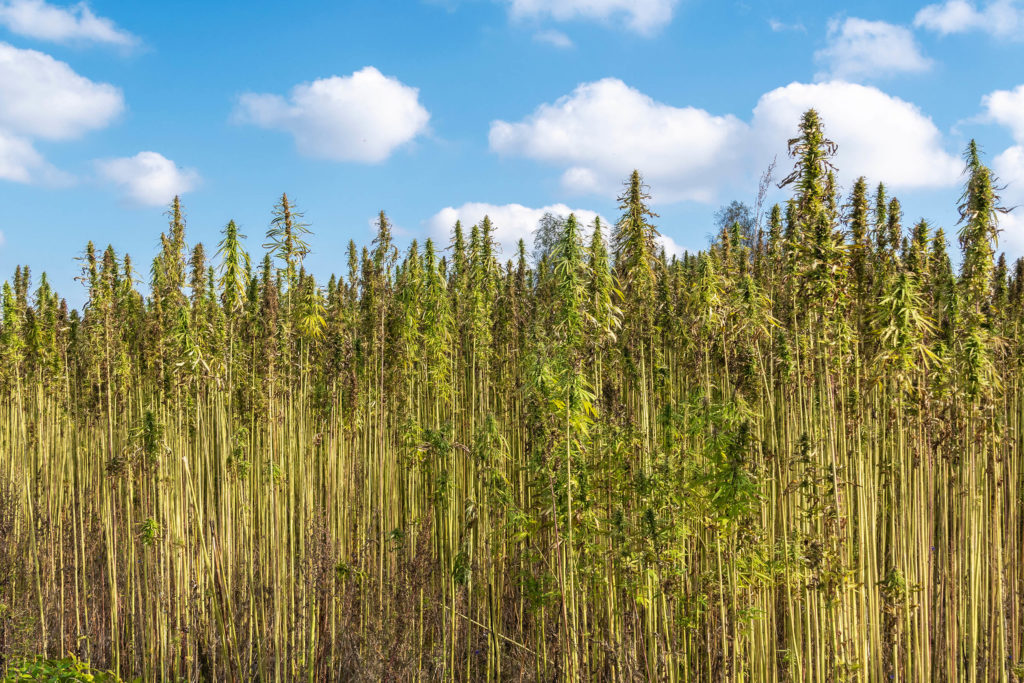
Good to know
If you are travelling to Colorado (or currently live there), you may be interested to know the following:
- The National Survey on Drug Use and Health found that rates of cannabis use among 12 to 17 year olds was the lowest it had been since 2007/8.
- Cannabis taxes make up around 1.52% of the state’s total tax revenue. Since legalising it, revenue from cannabis tax has more than tripled; from $67.6 million in 2014 to almost $245 million in 2018.
- Since legalising cannabis, tourism in the state has grown by 51%.
Cannabis history
Like most other states in the US, Colorado grew hemp until the late 19th century. At the start of the 1900s, public opinion about cannabis started shifting. A nationwide smear campaign (led by media baron William Randolph Hearst) led to the substance being restricted across the country.
Alcohol was prohibited in Colorado in 1914. Three years later, the state chose to introduce restrictive laws relating to cannabis use. Then, in 1937, the nationwide Marihuana Tax Act meant the drug became illegal across the country.
The 1960s saw a resurgence in cannabis use, with the rise of the ‘hippy’ movement. By the 1970s, there were increased cannabis-related arrests and prosecutions, not to mention a significant rise in the length of prison sentences for offenders. This put a lot of pressure on the judicial system.
Attitudes started changing soon after. Pitkin County Deputy District Attorney James Moore was a notable figure in the fight to decriminalise cannabis. He raised awareness of the excessive costs involved with enforcing cannabis laws.
Sensi Seeds visits RiverRock in Colorado
We had the opportunity to tour the facilities of one of Colorado’s largest dual-license cannabis dispensaries, RiverRock Wellness. Their holistic approach ensures that their products, both medicinal and recreational, are organic and as low-impact as possible.
RiverRock is first and foremost a medicinal establishment, with medical transactions still constituting 70% of total sales. There are six indoor flowering spaces, holding around 100 plants, and a 2000 square meter greenhouse area, holding around 500 plants. While indoor plants may yield up to 350 grams, each outdoor plant is expected to yield between 1400 and 1800 grams of finished product.
Alongside their transparent approach to doing business, RiverRock is strongly focused on patient education and holistic, individualised therapies. When Amendment 64 came into force, RiverRock obtained a dual license and began also selling recreationally in 2014. In the north Denver store, the countertop is divided between retail and medical sales.
Despite the gradually increasing availability of recreational cannabis, the price remains high. This is partly due to the fact that since legalisation has come into force, recreational cannabis is subject to a significant amount of taxation and tight regulations. While the numerous and complex regulations seem daunting, dispensaries such as RiverRock are excellent examples of a powerful and effective business model that can still be achieved, despite the restrictions.
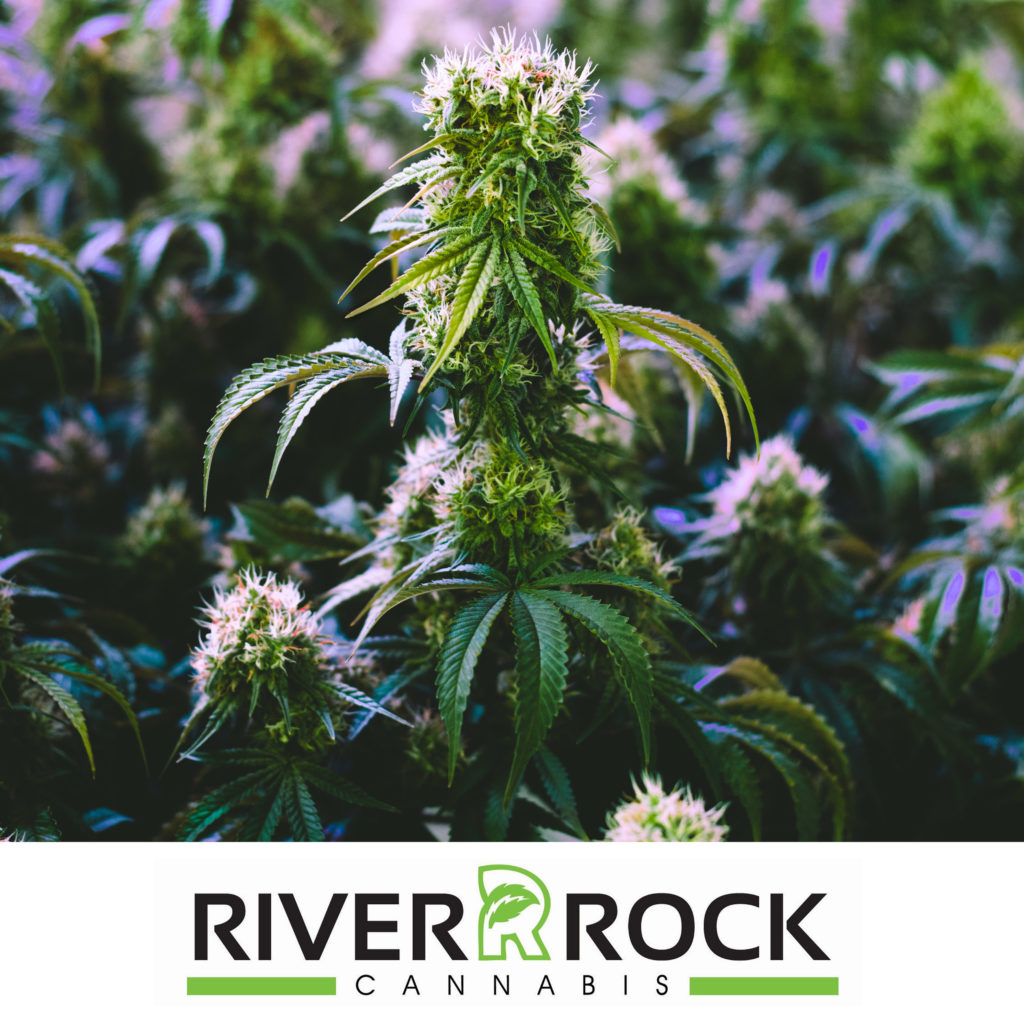
Attitudes towards cannabis
Adult use of cannabis has increased in Colorado since it was made legal. This suggests that many of the state’s residents are accepting of the drug, particularly among younger people (the demographic that saw the largest boost in users).
Colorado’s health department has focused on educating residents about how to use cannabis safely and responsibly. Given that numbers of under-age users have dropped, the message seems to be getting through.
- Disclaimer:While every effort has been made to ensure the accuracy of this article, it is not intended to provide legal advice, as individual situations will differ and should be discussed with an expert and/or lawyer.











AMAZING how people who punch, kick, karate chop and otherwise abuse elderly and disabled are given NO SENTENCE OR a minimal sentence. yet we find people who smoke a joint getting 10 years? This is total NONSENSE. A grave injustice.